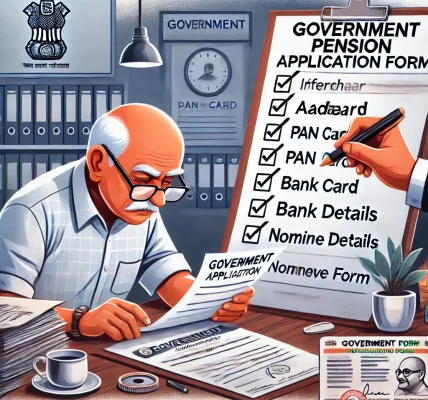Filing an insurance claim can be a daunting process, and even minor mistakes can lead to delays, reduced payouts, or outright denials. Whether it’s a home, auto, health, or business insurance claim, avoiding common errors can ensure a smoother, stress-free experience. This guide highlights critical mistakes to steer clear of and provides best practices to help you file a successful claim without legal complications.
Understanding the Importance of Accurate Insurance Claims
When an unexpected event occurs, filing a claim correctly can help you recover losses quickly. However, insurance companies follow strict guidelines and review claims meticulously. One small error or omission can lead to unnecessary complications. Knowing what to avoid can save you time, money, and frustration.
Common Mistakes to Avoid When Filing an Insurance Claim
1. Delaying the Claim Filing Process
One of the biggest mistakes policyholders make is waiting too long to report an incident. Many insurance policies have a deadline for filing claims, and missing this window can result in claim denial.
✅ Best Practice: Always notify your insurer as soon as possible after an incident. Check your policy for specific timelines to ensure compliance.
2. Providing Incomplete or Inaccurate Information
Insurance companies require detailed and accurate information to process claims efficiently. Any missing or incorrect details can lead to delays or claim rejection.
✅ Best Practice: Double-check all forms before submission. Ensure all details match official records, such as police reports, medical documents, and receipts.
3. Not Keeping Proper Documentation
Many claimants fail to provide sufficient proof to support their claims. Lack of documentation makes it difficult for insurers to verify the loss, leading to lower payouts or denials.
✅ Best Practice: Always gather evidence, including:
- Photos and videos of damage
- Police or medical reports (if applicable)
- Receipts, repair estimates, and invoices
- Witness statements (if relevant)
4. Exaggerating or Misrepresenting the Claim
Some claimants inflate their losses to get a higher payout. However, providing false or misleading information can lead to claim rejection and even legal consequences.
✅ Best Practice: Be honest about the extent of damage or loss. Insurance companies conduct thorough investigations, and dishonesty can backfire.
5. Not Understanding Policy Coverage and Exclusions
Many policyholders assume their insurance covers everything, only to be surprised when a claim is denied. Each policy has specific exclusions that limit coverage.
✅ Best Practice: Read and understand your insurance policy thoroughly. If you’re unsure about coverage, consult your insurance provider before filing a claim.
6. Accepting the First Settlement Offer Without Review
Insurance companies may offer a quick settlement, but it might not fully cover your losses. Accepting an inadequate settlement can leave you financially burdened.
✅ Best Practice: Carefully review the settlement offer. If needed, negotiate with the insurer and provide supporting evidence to justify a higher payout.
7. Failing to Communicate Clearly with the Insurer
Poor communication can lead to misunderstandings, delays, and claim denials. If you fail to respond to queries or provide necessary documents on time, your claim may be delayed or dismissed.
✅ Best Practice: Maintain open communication with your insurance company. Keep track of emails, phone calls, and letters related to your claim.
8. Attempting DIY Repairs Before Claim Approval
Many policyholders make immediate repairs before an insurance adjuster assesses the damage. This can lead to disputes over the extent of the damage and reimbursement.
✅ Best Practice: Unless emergency repairs are necessary to prevent further damage, wait for the insurer’s approval before making major repairs. If urgent repairs are needed, document everything thoroughly.
9. Not Seeking Professional Guidance When Necessary
In complex claims, policyholders often try to handle everything alone. This can lead to missed details or legal complications.
✅ Best Practice: If your claim is significant or has been denied, consider consulting an insurance claims expert, lawyer, or public adjuster for guidance.
10. Ignoring Policy Renewal Changes
Insurance terms and coverage can change during policy renewal. Some policyholders file claims based on old terms, only to find out that their new policy has different conditions.
✅ Best Practice: Review your policy updates every year to ensure you’re aware of any changes in coverage, exclusions, or limits.
How to Ensure a Smooth Insurance Claim Process
To avoid these common mistakes, follow these best practices:
- Stay Organized: Keep all records, receipts, and communication logs in one place.
- Act Quickly: File your claim within the required time limit.
- Be Transparent: Provide honest, complete, and accurate information.
- Follow Up Regularly: Check the status of your claim and respond to any insurer requests promptly.
- Know Your Rights: Understand your policy and, if necessary, seek professional advice to protect your interests




